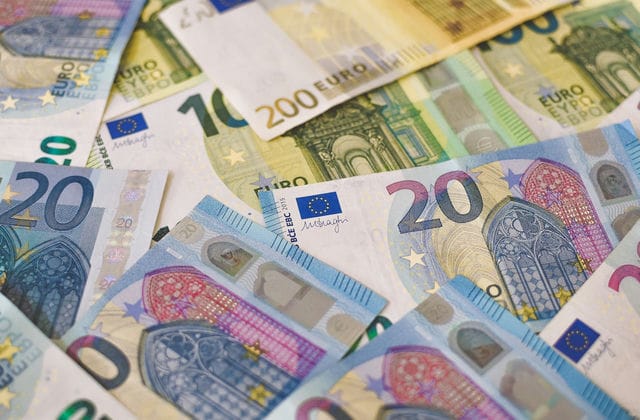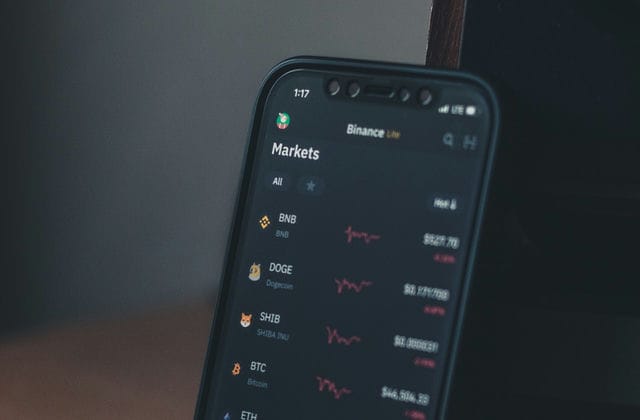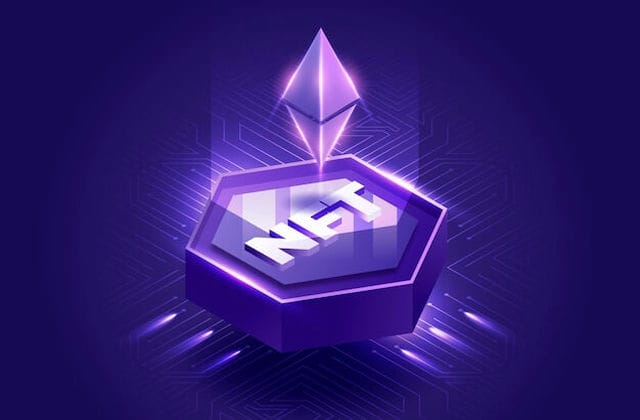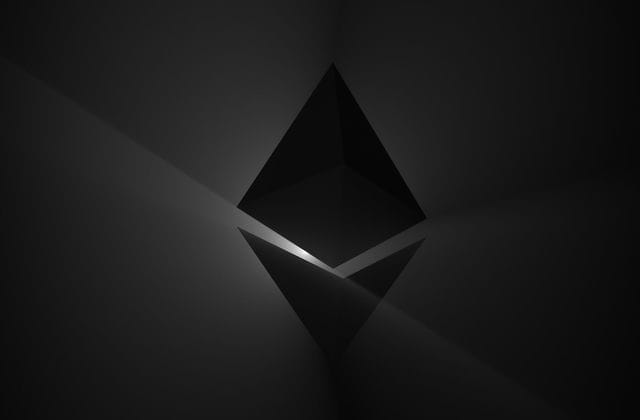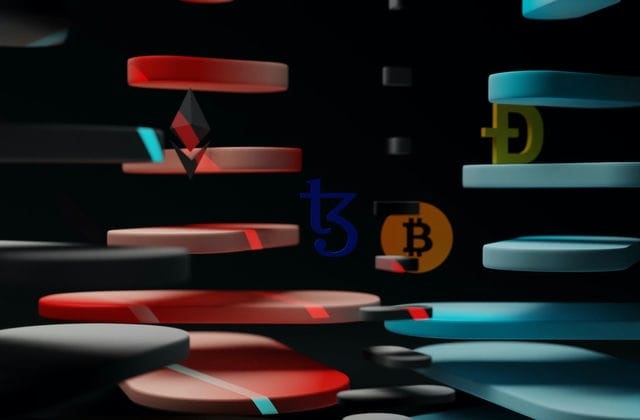What is DApp?
Thanks to the blockchain technology, Ethereum does not have a central server, so there is no possibility of the APP running on Ethereum crashing, crashing, data leakage, or even being shut down! Like blockchain, it is also distributed and decentralized, so it is also called Distributed Application (DApp)
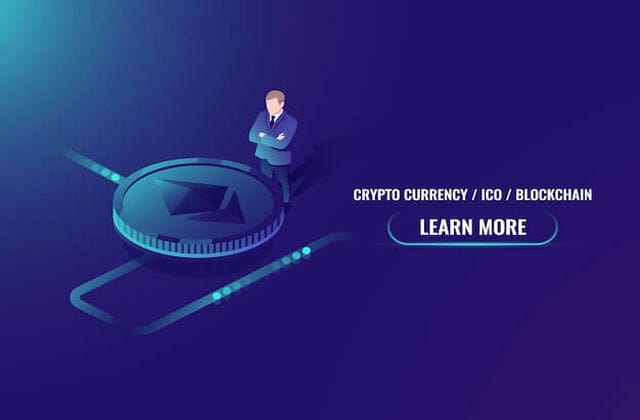
Once DApp is "uploaded" to Ethereum, they will always run according to the programmed program. These applications can control digital assets; At the same time, it is decentralized, which means that no single entity or individual can control them.
At present, thousands of developers around the world are building applications and inventing new applications on Ethereum, many of which can now be used:
Cryptocurrency wallet: allows you to use ETH or other digital assets for low-cost instant payment;
Financial application: you can borrow and invest in digital assets;
Decentralized market: allows you to trade digital assets, even on the "prediction" of real world events;
Game: You can own the assets in the game, and even get real benefits from it;
What is a smart contract?
According to the programmable characteristics of the blockchain, people can put the contract on the blockchain in the form of code and automatically execute it under agreed conditions, which is called smart contract.
The concept of smart contract can be traced back to at least 1995. Nick Szabo put forward the following definition: "A smart contract is a set of commitments defined in digital form, including agreements on which contract participants can implement these commitments." He also discussed the potential use of smart contracts in various fields such as contract agreements, such as credit system, payment process and copyright management.
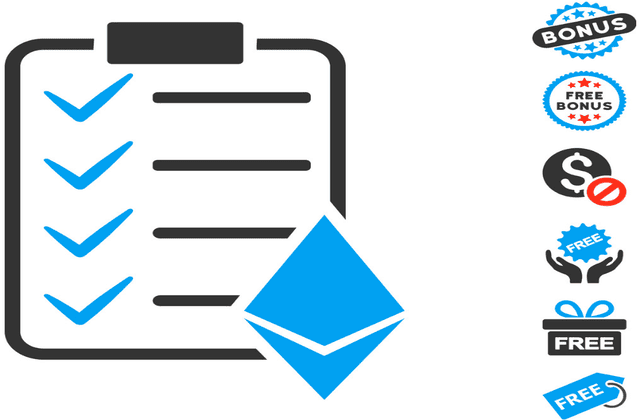
We can simply think of a smart contract as a "program" that deals with the rights and obligations between people.
When certain conditions are met, it performs specific tasks. Therefore, smart contract systems usually follow the "if... then..." statement. However, even if smart contracts become a mainstream technology, smart contracts are neither legal nor intelligent. They are just a piece of code running on a distributed system (blockchain).
In essence, blockchain smart contracts support the creation of trust free protocols. This means that both parties to the contract can make commitments through the blockchain without mutual understanding or trust. After the contents of the contract are confirmed by both parties, if the trigger conditions are not met, the contract will not be executed. In addition, the use of smart contracts can eliminate the need for intermediaries, thereby significantly reducing operating costs.












